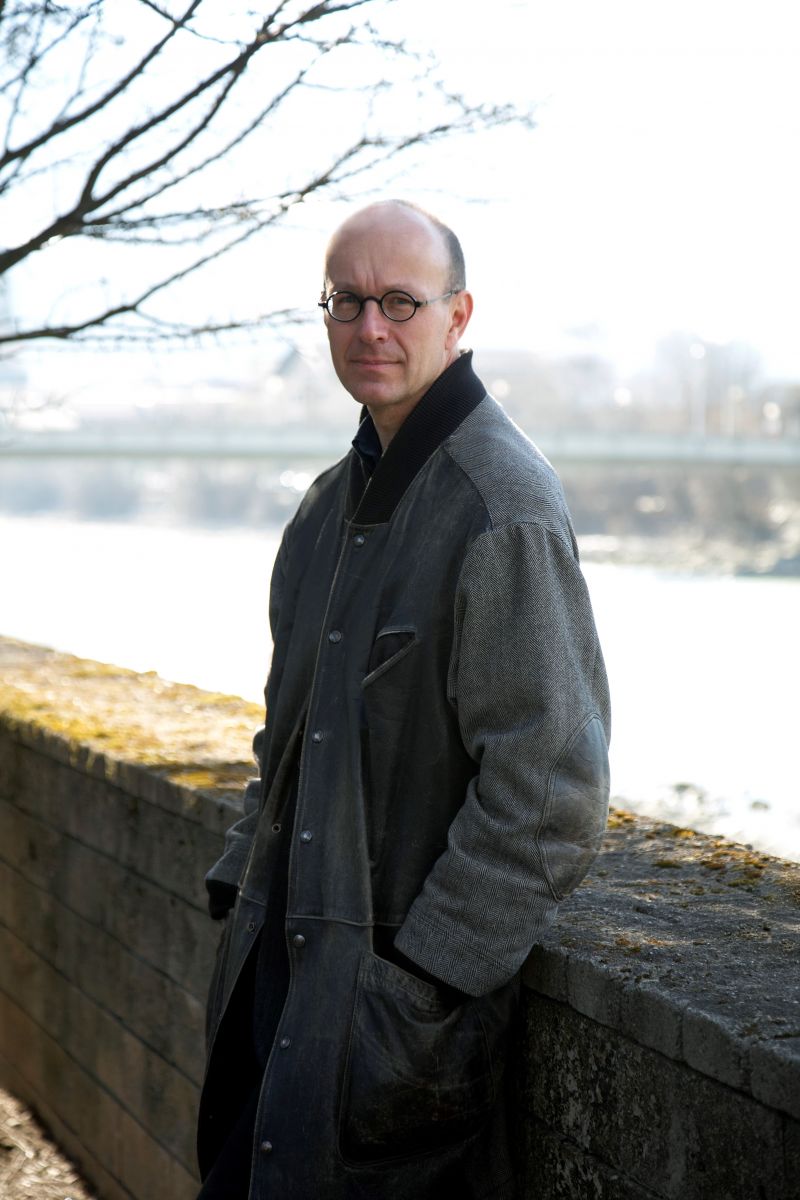By our violin diarist, Anthea Kreston:
There she was, on stage in front of 2,000 people. Confident, smiling, communicating with her colleagues. The lights were blaring, the stage was huge – a video crew was jostling to get the right angle. She was prepared, open, and just as she had been in the concert the night before, poised and in command. She was 9 years old.
They both started playing when they were about one and a half years old. It was first during those harrowing months (I like to call it “helmet season“) when they can wobble around enough on their chubby legs, and can make a wild, desperate/happy zombie-dash from couch to table. They make their destination sometimes, but more often you just hear a crash, silence, then piercing cry. At this age, they can also start to reach things and climb up – before this stage, everything adult was at a knee-high or higher altitude, safe (in my mind) from sticky fingers and slobber. So – when I rounded the corner and saw my oldest, at age 11 months, happily scootching across the living room, dragging my violin behind her (she had managed to pull it off the table), and her obvious glee at the variety of sounds that could be had, I purchased an inexpensive, beat-up violin and just left it around for her to play with. Rarely a day has passed since that day without music.
As a musician parent, we are stuck. Of course, it’s natural that our kids play – they hear music all the time – and we can give them unlimited insider tips. Of course they become very very good. Sometimes it tears a family apart, and sometimes it brings them together. Sometimes the parents can’t figure out how to act reasonably. And sometimes the kids just aren’t into it. But, the biggest problem is when they do love it, when they are amazed by it, and when it is a healthy and fun part of the family fabric. In our family, we have 2 cellists and 2 violinists – and a family group called the “Quartissimos“, complete with a team chant – our outfits are berets and Pyjamas. It’s wonderful and it’s scary how natural and fun it is.
We know how hard it is to be musicians – how your confidence takes constant hits, how you have to balance the cultivation of individuality at the same time as taking a back seat for the collective purpose. And how you will probably be poor, and how you have to be good at business and how you will never have a normal rhythm in life. And we encourage them towards other interests – robotics, soccer. Anything, really.
This week, in China, she played as a part of a chamber group in the final concert. She loved it, she owned it. She wants to keep doing robotics, and soccer, and she really wants to have a cow – she is great with animals. I encourage and support her in all directions, but I can’t help but be proud and happy for her discovery of her own strength and passion.
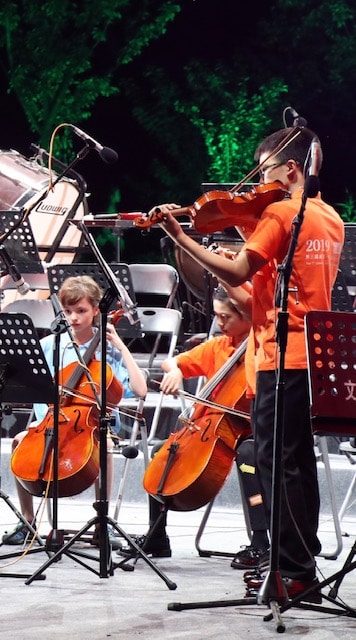
Locked-out musicians of the Baltimore Symphony Orchestra have petitioned the organisation to be included in talks about their future. It seems utterly medieval that they have no say in it.
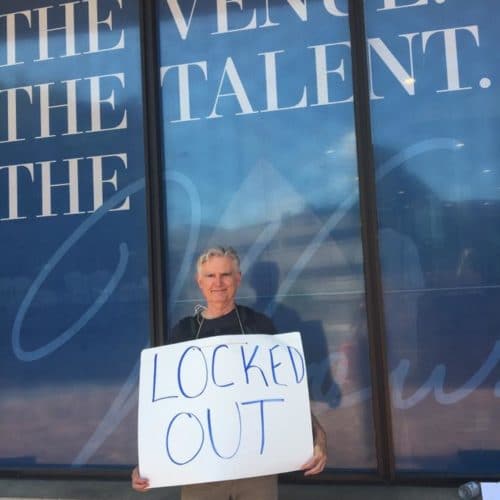
The Baltimore Symphony Musicians met with management representatives of the Baltimore Symphony Orchestra today for contract negotiations. The musicians proposed that the BSO emulate the models of other orchestras across the country that have achieved a major culture shift by including all of the stakeholders in the decision-making process, including, most notably, the musicians.
Brian Prechtl, Co-Chair of the BSO Players’ Committee, stated, “While we didn’t make substantial progress toward an agreement, we have agreed to meet again on Tuesday, August 27. The musicians are planning to bring a proposal to management at that time. The musicians have requested that BSO management continue health care coverage through the month of September while we work toward an agreement. We would consider it an act of good faith on management’s part to do so. We have also made it clear that we must have a new contract to return to the stage.”
On Friday, the work group mandated by HB 1404 will have its inaugural meeting in Annapolis, headed by former State Senator Ed Kasemeyer. “The musicians remain hopeful that we can begin the process of rebuilding the BSO following the devastating decision to lockout the orchestra,” Prechtl said.
The London Symphony Orchestra has just unrolled details of its inaugural tour next month with Sir Simon Rattle.
It opens on September 25 with three concerts in Hong Kong, where tensions have never been higher, moving on into mainland China with dates in Shenzhen, Guangzhou, Shanghai, Wuhan, Xi’an and Beijing.
The tour ends on October 5 with an open-air concert in Hanoi, a new destination for market-seeking, post-Brexit orchestras.

The city of Auckland in New Zealand has renamed a thatre after the country’s most successful opera singer.
Kiri inaugurated the building back in 1990.
This is what it looks like.
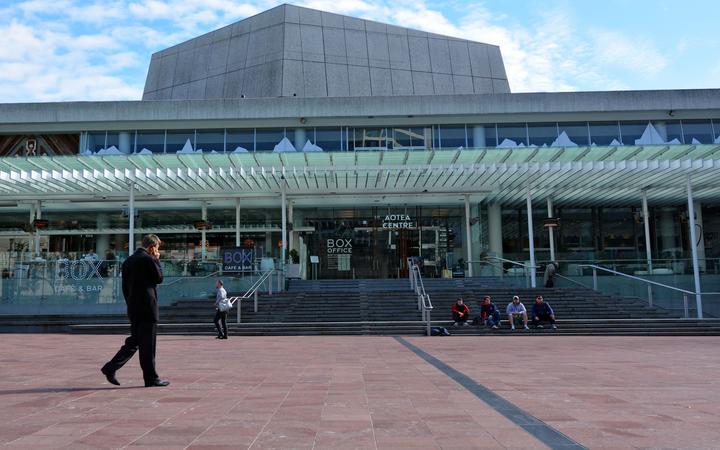
The conductor gives his farewell concert in Lucerne on September 6.
The day before, the festival will present a book launch – a volume of interviews with Peter Hagmann and Erich Singer titled Bernard Haitink: Dirigieren ist ein Rätsel (conducting is a mystery).
The last word.
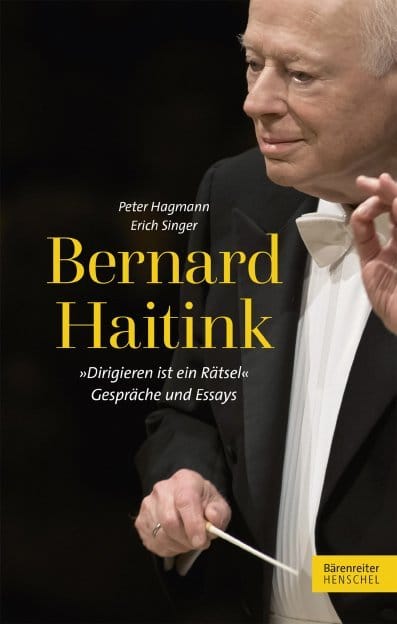
As lawyers for LA Opera get to work today examining the sex-pest allegations against Placido Domingo, the consequences of this take-down attempt by the Associated Press and its newspaper clients are being calculated across the opera world.
Triumphalism in the Domingo camp – which has seen major European opera houses rallying to his flag – must be tempered with an awareness of the stain that will cling to his name after he is (almost inevitably) cleared by LA law. Word backstage is that Domingo, 78, will ‘voluntarily’ retire as director of LA Opera, which he co-founded, shortly before his 80th birthday.
The rest is fishwrap. Domingo will never be able to give another interview without being questioned about the AP allegation. He has nowhere to hide.
The European institutions that have backed him, led by the Salzburg Festival, are being called out in US media as insensitive. US insitutions which temporarily barred him, are seen in Europe as over-sensitive. No-one comes out of this with reputation enhanced.
Especially the Associated Press. What were they doing running a story based on eight anonymous denunciations and one (subsequently modified) gentle rebuke from an ex-colleague? What kind of journalism was this – Salem, or Stalinism? Why has the journalist not been called out to defend her practice? It’s a bad day for American journalism when smears come with no name attached.
Saddest of all are the many genuine victims of sexual harrassment in the opera workplace who have seen their just outcry, initially successful, now being trivialised by bad journalism and tossed aside by vested interests in the opera world.
No-one comes out of this a winner.

No-one.
Opera Australia has unveiled plans for a Wagner Ring cycle in the plain-spoken northern city of Brisbane in November-December 2020.
The director is Chen Shi-Zheng, believed to be the first Chinese to create a fully staged production of the Wagner epic. Chen, though based in Shanghai, has not presented new work in China for two decades.
The Queensland Symphony, which lacks a music director, will be in the pit.

The conductor is Philippe Auguin. Full cast here.
The Grand Austrian State Prize, worth 30,000 Euros, has gone to the Austrian composer, Thomas Larcher, 55.
It’s his turn.
The last three musicians to receive the award were: Beat Furrer (2014), Olga Neuwirth (2010) and Georg Friedrich Haas (2006).
Austrians only need apply.
